Last month, when doing up our net worth tracker, I realised we are technically mortgage free!
The correct term is mortgage neutral, meaning we now have more in liquid investments (non-retirement accounts) than we have left on our mortgage.
I feel incredibly blessed and thankful to be in this position. Looking back at the 9 stages of wealth we are now somewhere between stage 5 (net worth positive) and 6 (security where passive income covers basic expenses).
As the path to full financial independence is a long one, I think it’s important to stop and notice the milestones along the way as a way to keep motivated. Also, to look back at all that we did to get here.
Firstly, I think it’s important to say that luck definitely plays a part in where we are today in as far as
- where we were born
- the families we were born into
- being born white and all the privilege that comes with that
- the housing and job market where we have lived
- being introverted and able to stick to long-term goals and spend less money
- being part of a long-term couple which lowers expenses
- and so on
There is a really interesting scientific read on the impacts of luck on the path to success here which I think is important to keep in mind – especially when comparing your own journey to others.
Secondly, we did not get here by mistake or overnight. We’ve been on this journey since I was 22, although being mortgage-free was not always the main goal, living within our means was always at the root.
At a high level, I think the major factors that contributed to getting here have been:
- Tracking expenses in detail, taking stock at least once a year and assessing if there were trends we could change
- Saving and paying for big expenses in cash (cars, wedding, renovations, maternity leave)
- Never financing a car
- Carefully choosing where we live to ensure that we would only need 1 car between us to get to work
- Avoiding credit card debt
- Educating ourselves on investing
- Educating ourselves on doing our own taxes
- Not inflating our lifestyle as incomes increased
Each of these actions have easily saved 10s of thousands over the last decade.
Our own journey looks something like this:
- 2005: Met at age 19 and 24 (those eyebrows were a choice?)

- 2006/07: Travelled and amassed almost 15,000$ in debt





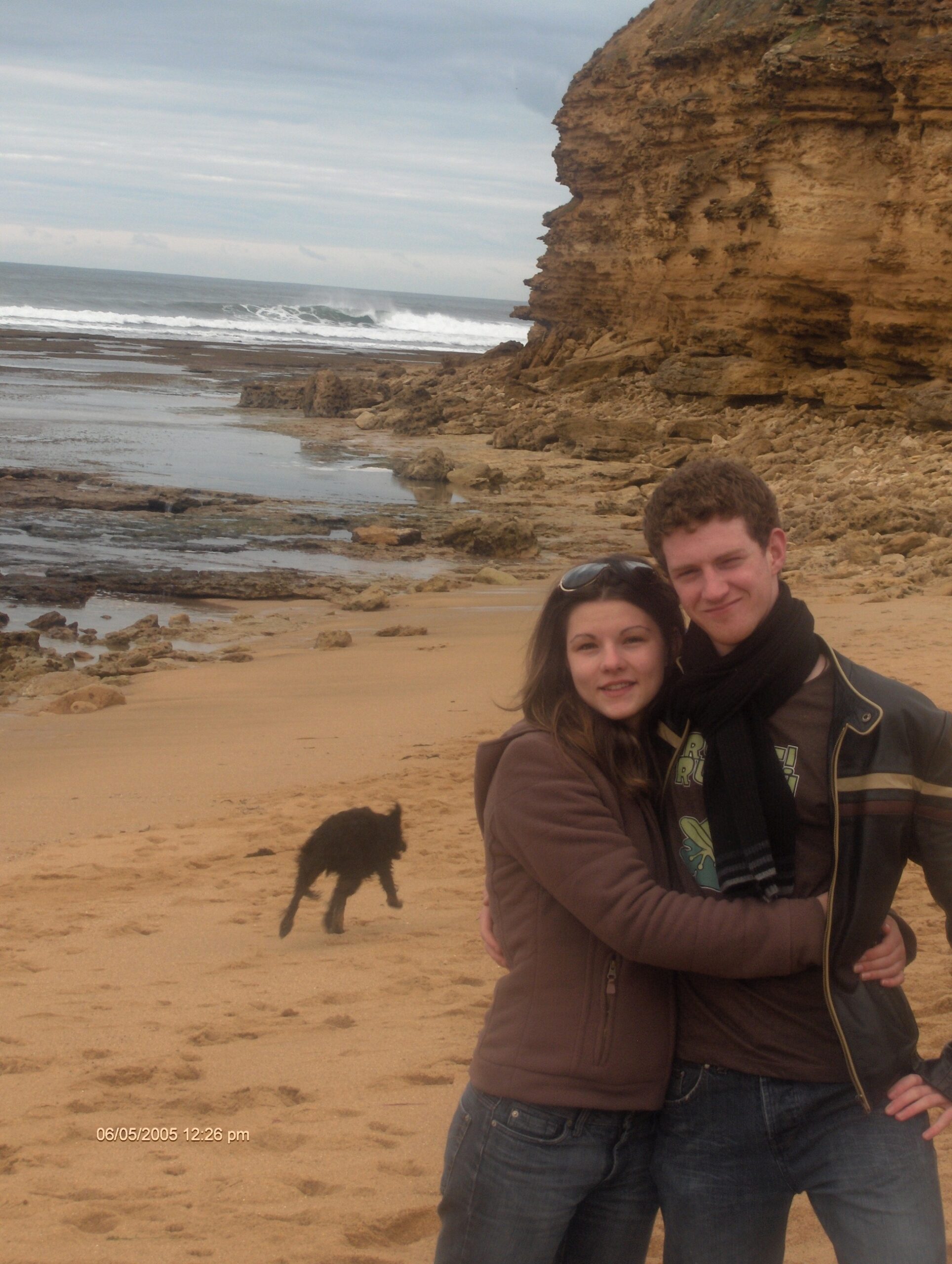

- 2008: I lived with my grandma for 3 months and walked to work while Mr. MHs visa was being processed and he had to stay in Ireland. Mr. MH moved to Canada and went a few months without work. Consolidated debt to lower interest line-of-credit and paid off in full within the year. Shared a 3-bed apartment with a friend and my sister. Public transport was sufficient for commute, no car needed. Ottawa was fairly insulated from the economic crash and we maintained our jobs (insert luck here)
- 2009: Moved to the suburbs with younger sister and brother in a house bought by my Mum. Mr. MH, myself and my Mum split all expenses including mortgage as a way to “invest” (again insert luck into the equation here). Commute on public transport was brutal for me so bought 10-year-old Toyota for 4,200$. Started earning more than I needed to cover expenses. Started reading about investing and started contributing to workplace pension matching scheme.
- 2010: Renovated house to add value – paid in cash, bought furniture, saved towards down-payment



- 2011: Bought first apartment on our own at 26 and 30 with 20% down-payment


- 2012/13: Enjoyed life in the city, travelled, ate in restaurants. Paid a number of lump sums off the mortgage. Saved for move back to Ireland.
- 2014: Moved back to Ireland, I went 8 months between paychecks while waiting for visa to come through. Rented out Canadian apartment. Figured out international tax requirements savings at least 5k in accountants fees. We rented a 2 bed apartment in Cork City. Public transport was not great. Bought a 10-year-old manual Toyota for 2,100€ with the hopes I would learn how to drive manual – I didn’t (insert trauma lol). Got back on our feet money-wise, built our emergency fund back up



- 2015: Got engaged! Bought 10-year-old automatic Toyota for 4,500€ (notice a trend?). Started saving towards wedding.
- 2016: Got married! Paid for wedding in cash. Started saving for down-payment for house

- 2017: Bought 2nd house with 20% downpayment. Purposely bought close to Mr. MH’s work so we’d only need 1 car which also happened to be in an area with a reputation of being rough but cheaper as a result – see our full house buying guide here. Got pregnant! Saved for maternity leave
- 2018: Renovated and furnished house. Had our son. Started reading about investing in Ireland. Mr. MH maxed out stock option in work. Spent less on maternity leave than expected and invested in ETFs.
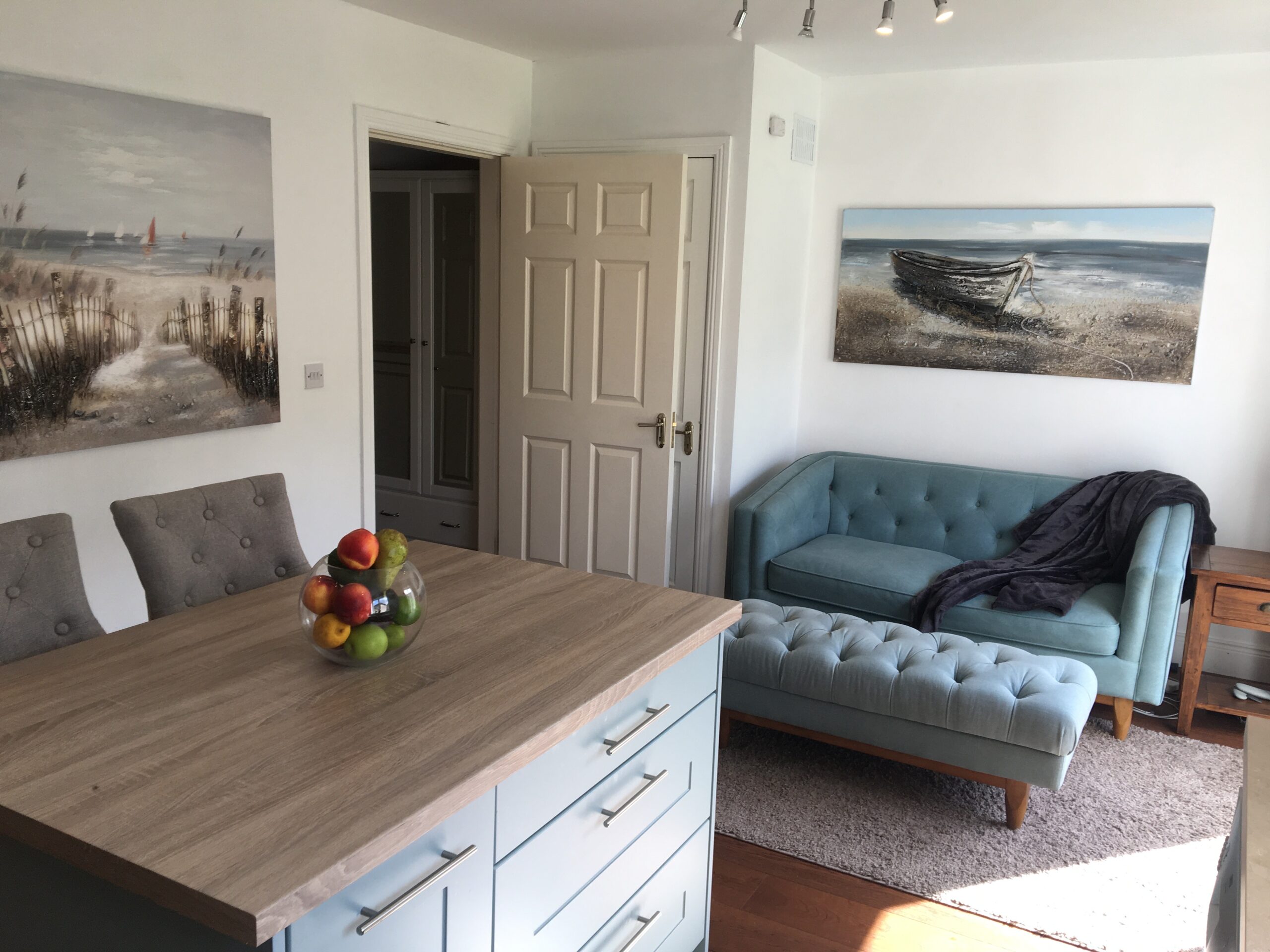
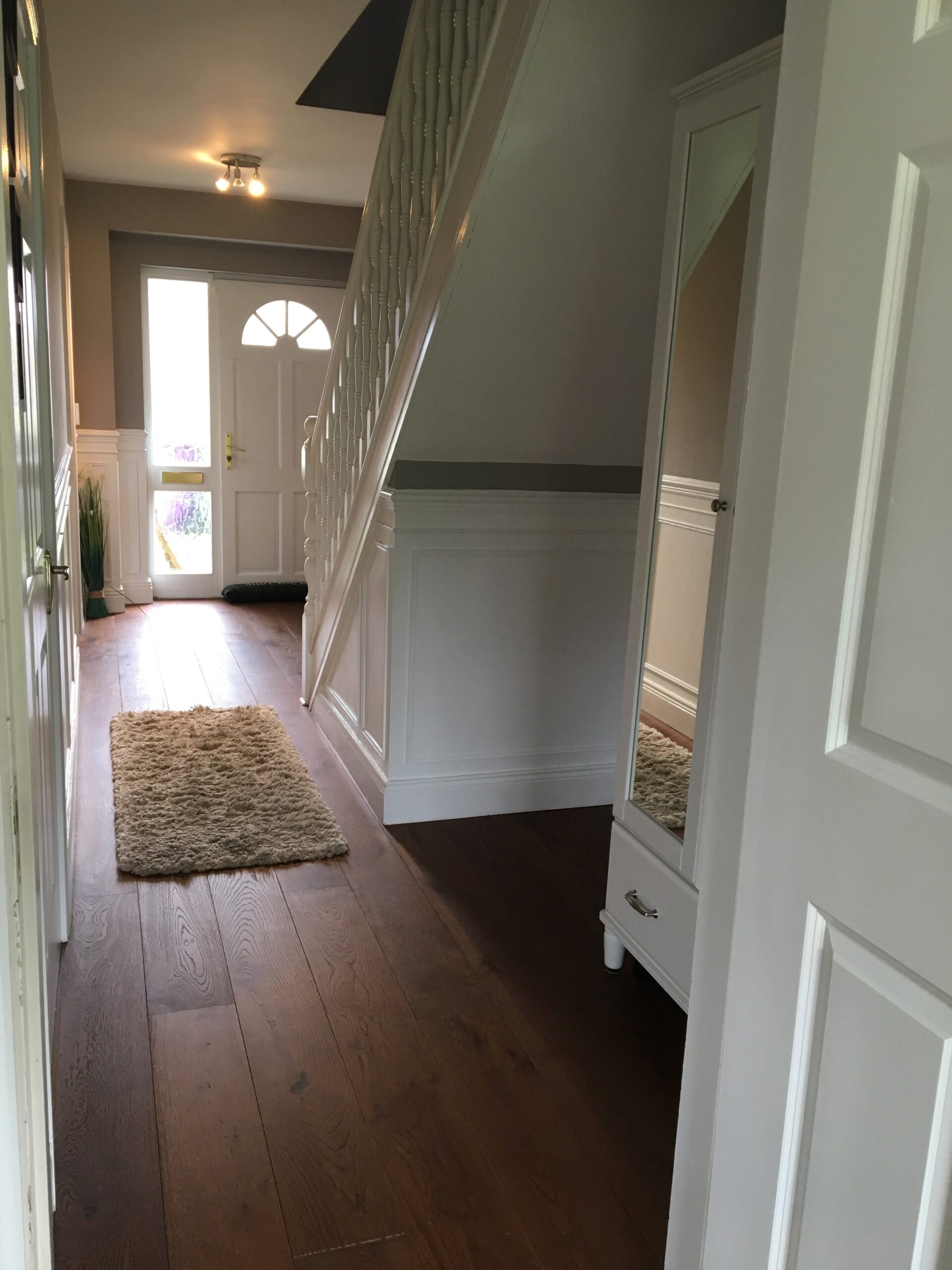
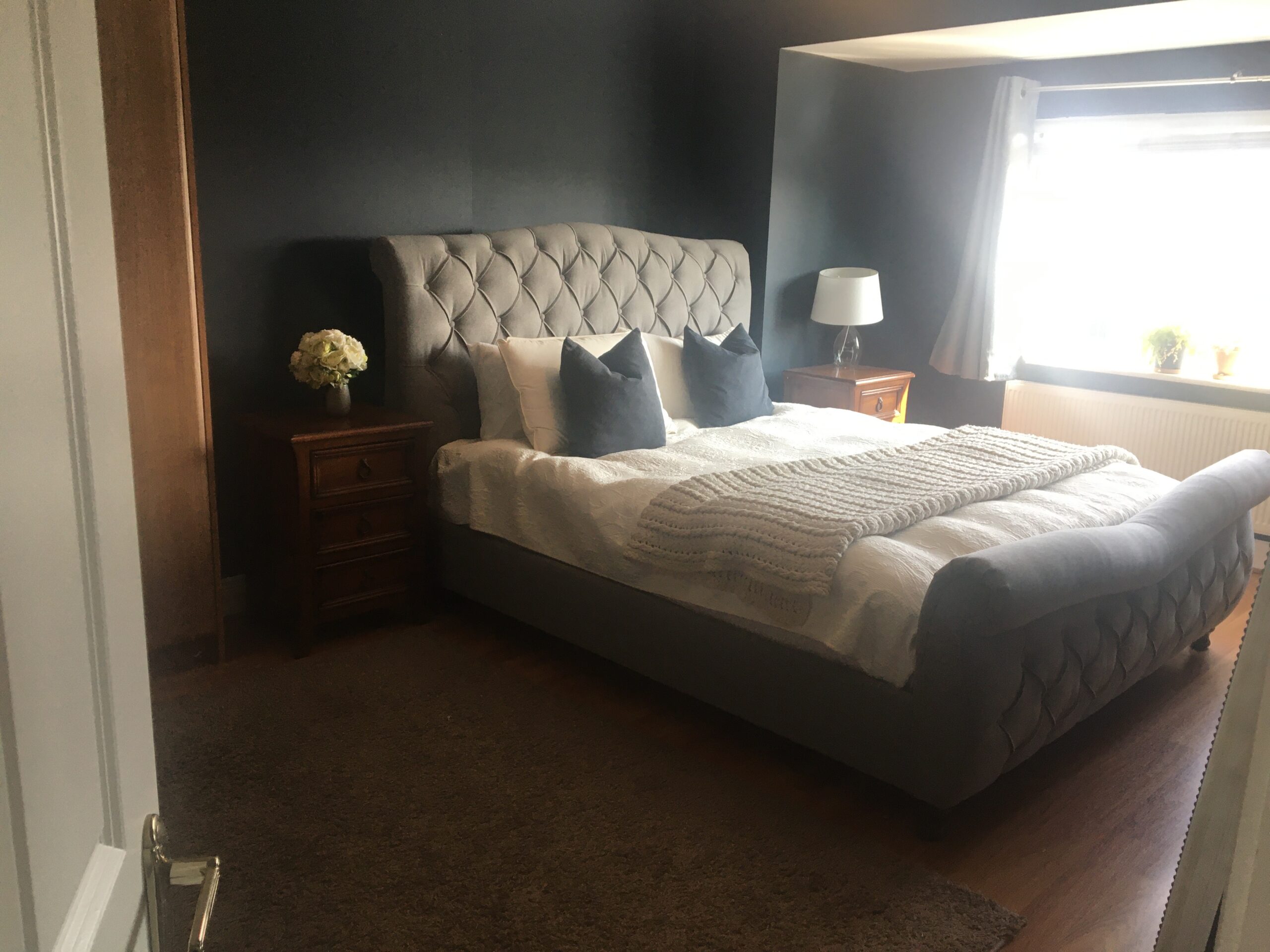
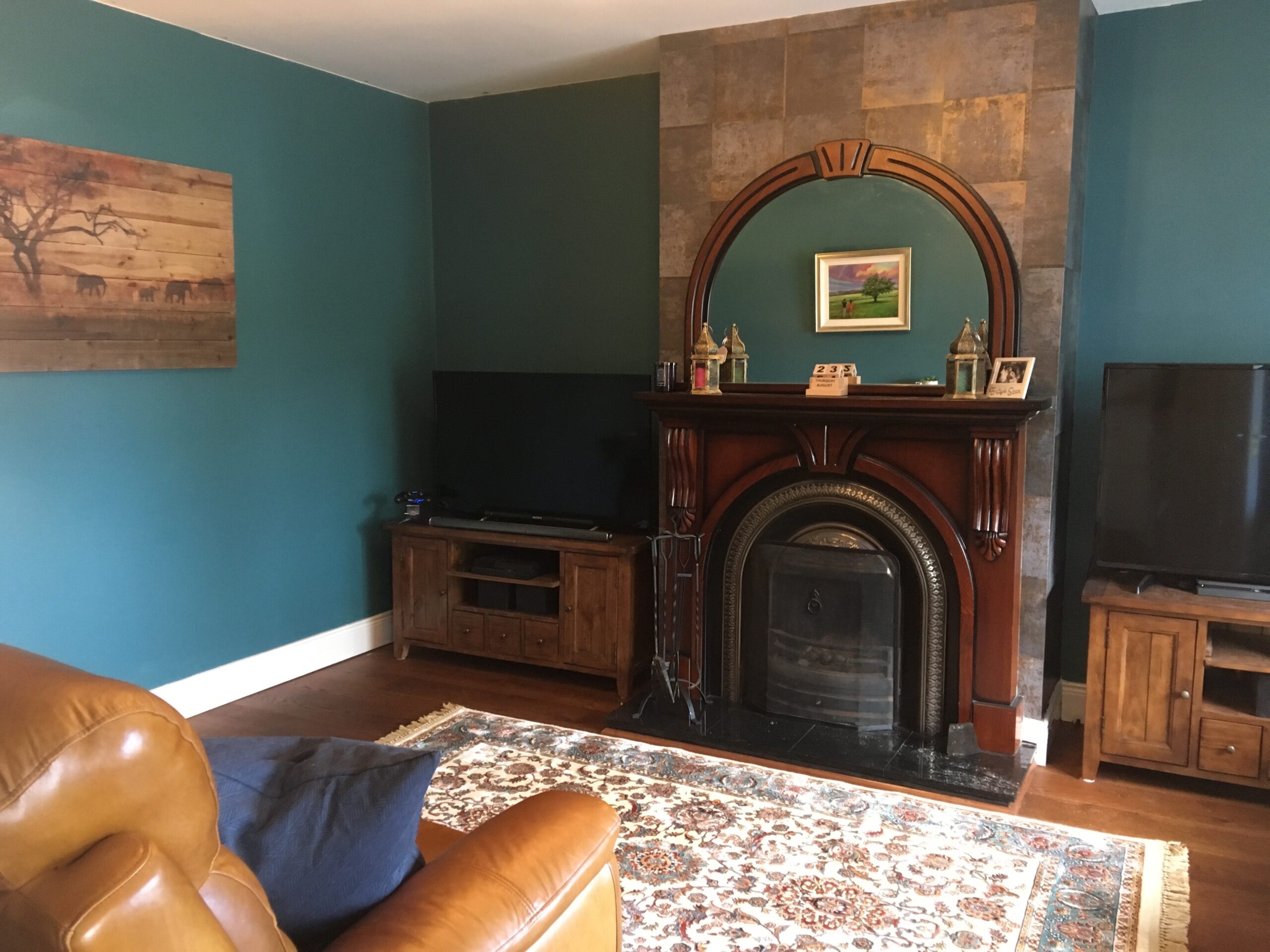
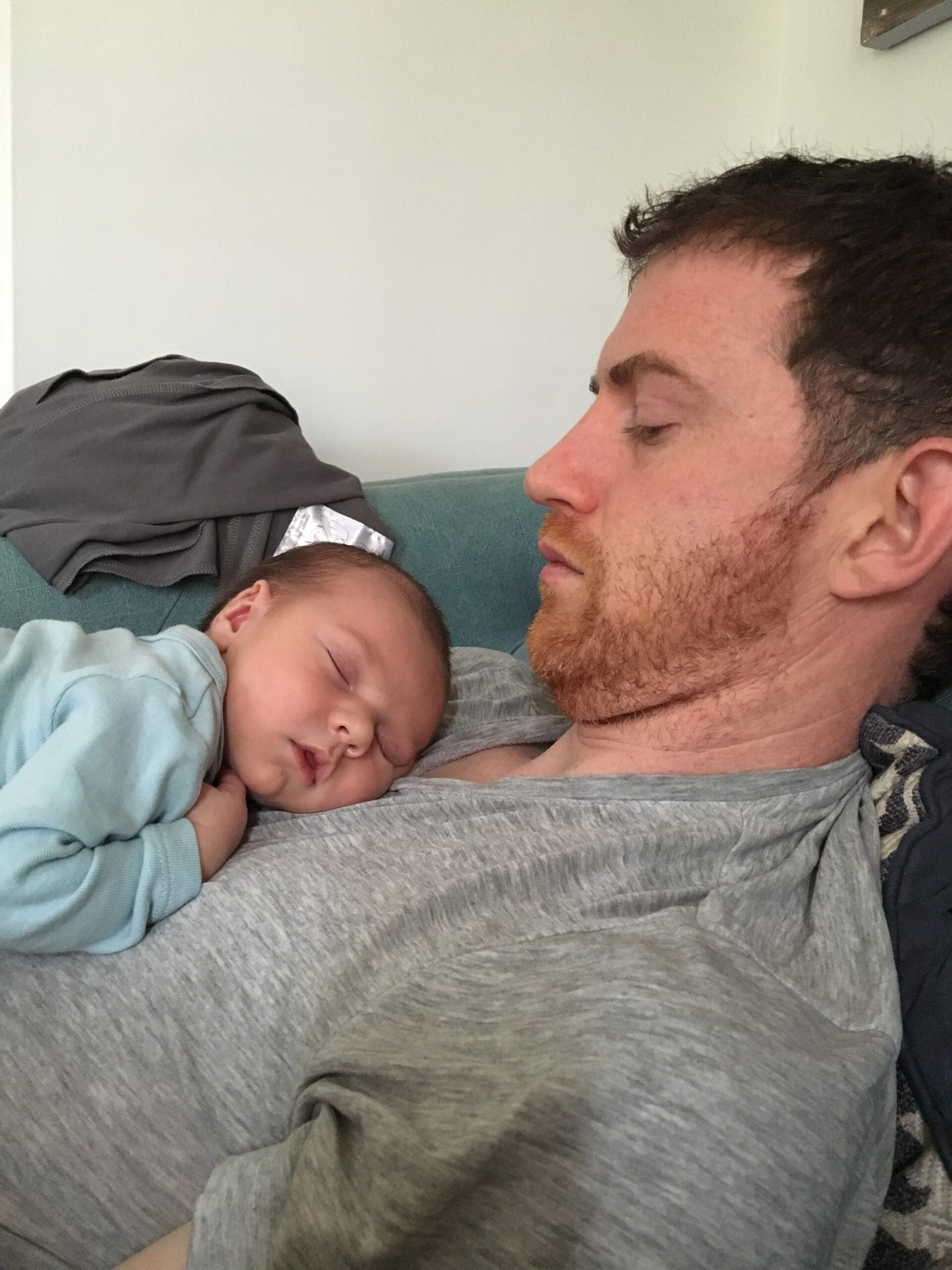
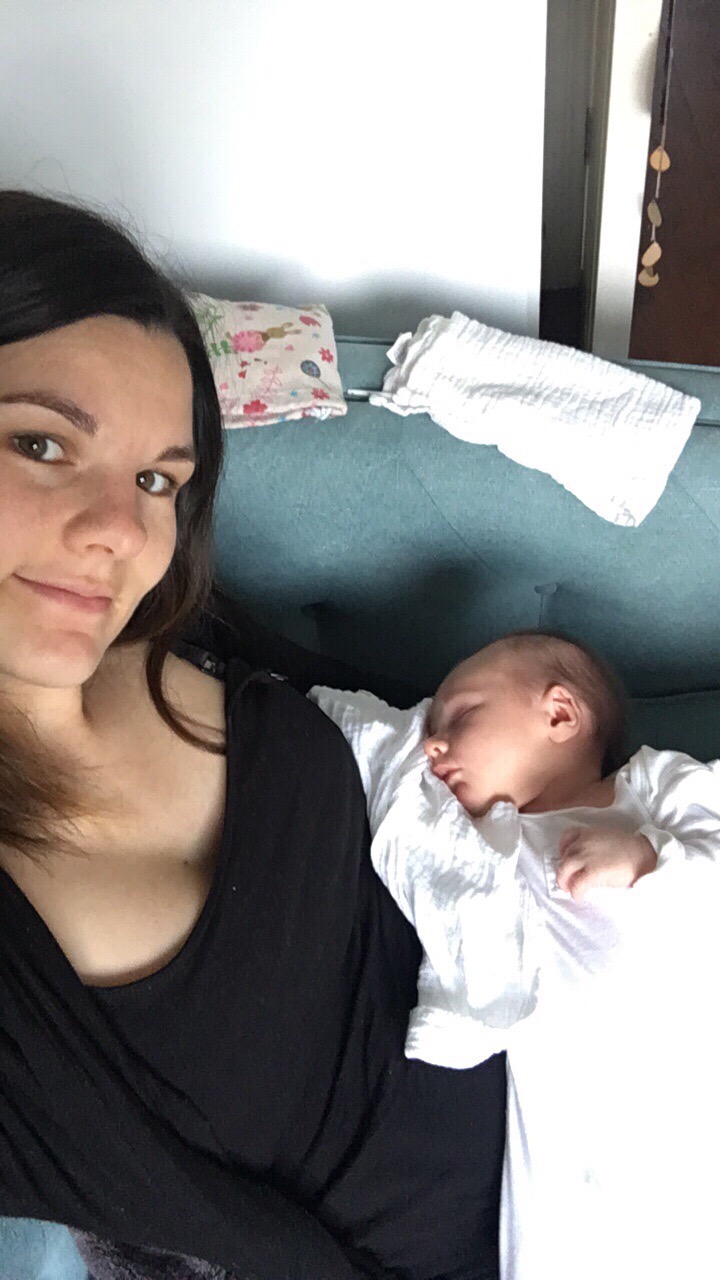
- 2019/20: 18 months maternity leave. Started this blog. Saved for and took mini-retirement in Portugal. Sold Canadian apartment. Figured out taxes, again saving thousands in specialist accountancy fees. Used proceeds to halve mortgage. I went back to work and Mr. MH left work to be stay at home Dad.
- 2021: Saved for and bought a 9-year-old hybrid Honda for 6,500€. Renovated garden. Continued adding to ETF portfolio
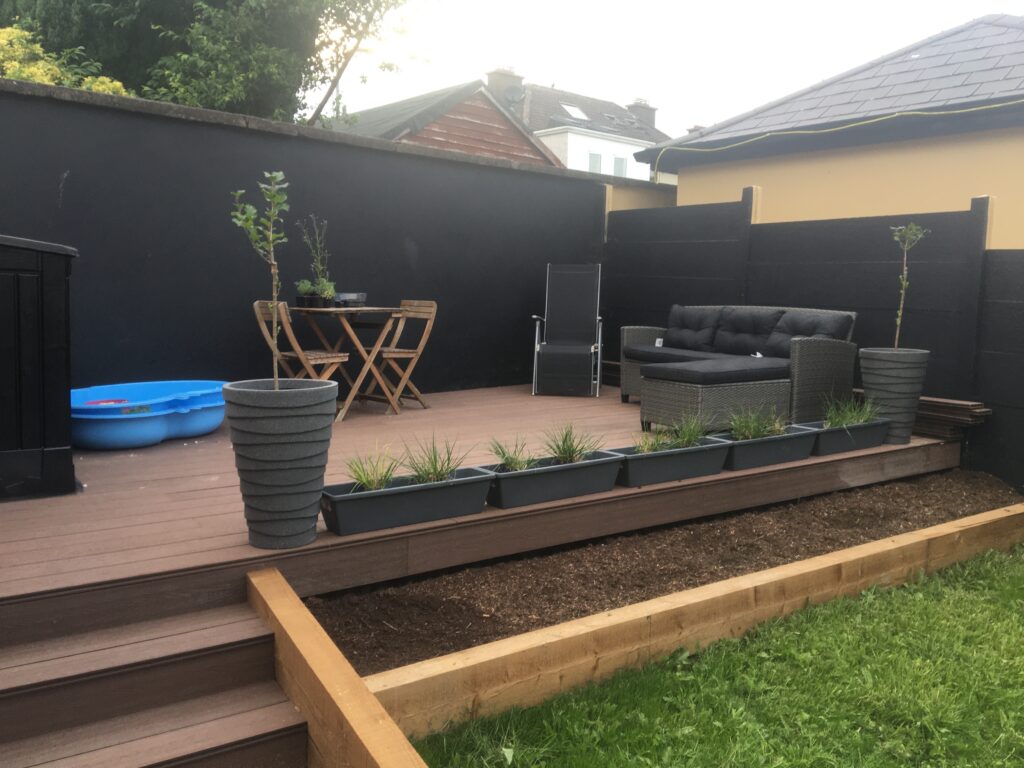
- 2022: Irish stock/ETF value exceeds remaining mortgage at age 36 and 40!
In terms of accessibility, while we have certainly had lucky events that propelled us forward, we have still lived fairly traditional lives with a number of intentional financial set-backs.
Setbacks: Over the last 14 years, we have lived off 1 income for about 4 of those due to moving countries twice, having our son and not being able to find childcare at the start of the pandemic. We also had a number of large costs like moving country, a wedding and renovations and still managed to progress on our path to financial wellbeing by following the key factors outlined above.
In terms of income, over the last 7 years, our take-home income has averaged less than 100,000€ gross combined so while this is high it is not like we’re both earning 6-figure incomes.
In addition to the key factors of tracking expenses, living within (or even under) means, staying out of debt and self-education on financial matters, the other 2 key factors are consistency and time (like with all long-term goals).
No matter where you are on your journey, keep it up and make sure to celebrate your successes along the way, big or small.